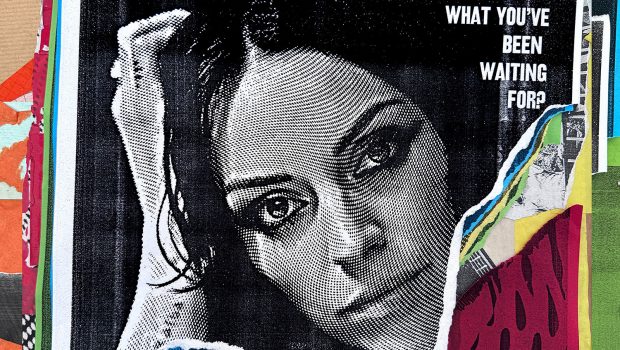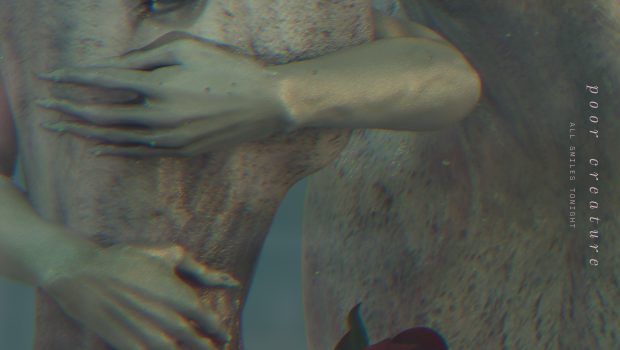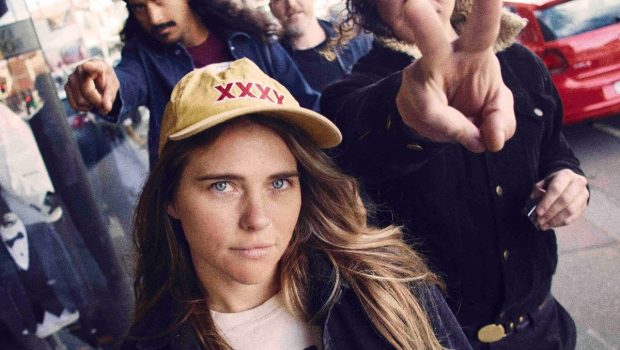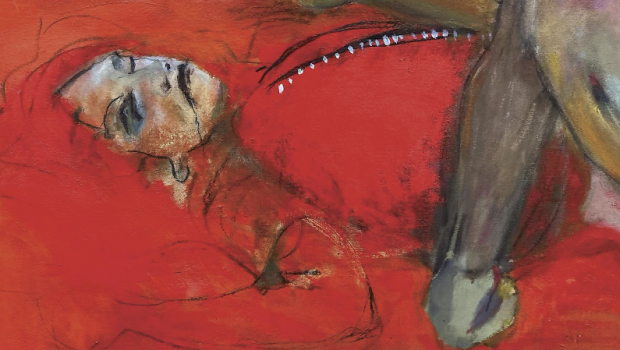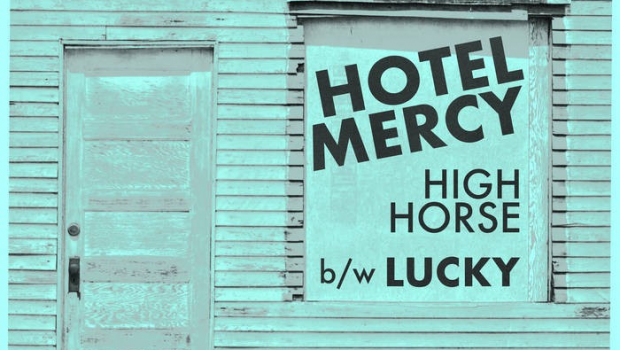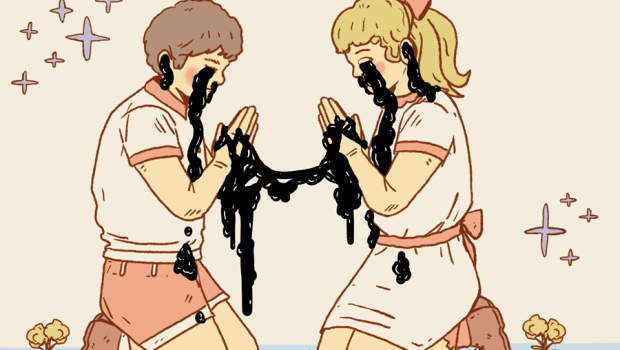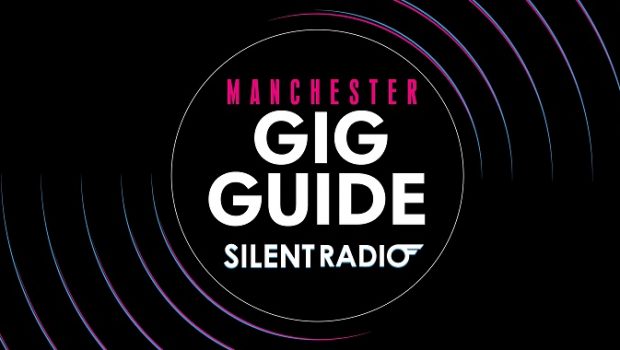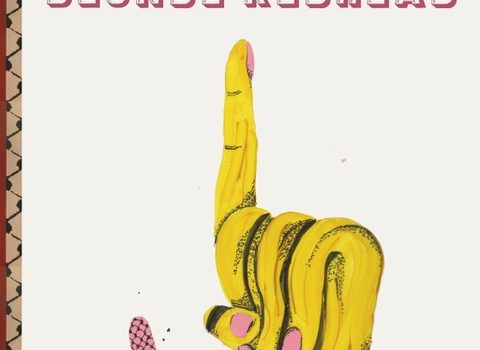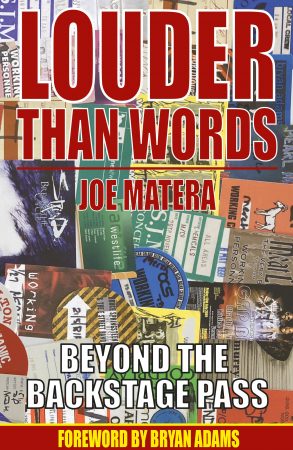 Joe Matera is an Australian journalist and musician who has been demystifying the life of the touring musician with his new book ‘Louder Than Words – Beyond The Backstage Pass’. Using interview quotes gained from several decades in journalism, along with his own experiences as a musician, ‘Louder Than Words – Beyond The Backstage Pass is a thrilling insight into the reality of life on the road, and the joys and pitfalls encountered along the way. We caught up with Joe to find out more:
Joe Matera is an Australian journalist and musician who has been demystifying the life of the touring musician with his new book ‘Louder Than Words – Beyond The Backstage Pass’. Using interview quotes gained from several decades in journalism, along with his own experiences as a musician, ‘Louder Than Words – Beyond The Backstage Pass is a thrilling insight into the reality of life on the road, and the joys and pitfalls encountered along the way. We caught up with Joe to find out more:
In the book you’ve interviewed a wide range of people as a music journalist. Was there a specific incident or interview that made you think you need to document these adventures, in a bigger context, outside of just the specific article you’d been commissioned to write?
Many, many years ago I read Ian Hunter’s ‘Diary Of A Rock ‘n’ Roll Star’ and I really loved how he documented his band Mott The Hoople’s 1972 American tour in the book. It gave a fascinating insight, and a behind the scenes look into the life of a touring rock ‘n’ roll band. It ignited my love for reading similar styled books, so I decided to start my own diary and keep a record of every gig, tour, and interview I did, and any important musical event. So, it gave me much content and many stories, where later I was able to put together a collection of backstage stories which I documented in my first book, ‘Backstage Pass: The Grit and The Glamour’ (Empire Publications, 2021). My new book though, while following on from my first book, takes a different route and approach, and delves into the artists that influenced my life and music and their importance to my life and to popular music.
For the stories in the book from your own perspective, do you keep diaries or did you have to get back in touch with several of the people mentioned in the book to help with the details of the stories?
See above re: keeping diaries. For my new book, a lot of the artists I discuss, I conducted new interviews with them specifically for my book.
Out of everyone you’ve met, who has the best memory, when it comes to recollecting these tales from a rock n roll life on the road?
Those who don’t really fall into the trappings of the sex, drugs and rock ‘n’ roll lifestyle. I noticed their recollections of events was more detailed and less shrouded in mystery and urban myth, compared to those who had adhered to that cliched rock ‘n’ roll lifestyle.
You mention in the book being starstruck by interviewing Mick Jones from Foreigner, as he was one of the people you grew up listening to. How did you get over being starstruck?
It’s a mindset really. It’s normal to get star struck for a first time meeting with someone who has influenced your life greatly, but over time you do get over it, especially if you interview them time and time again.
As a musician yourself, you also mention the perils of playing in front if a tough crowd, as you did in Poland in a sports bar/club. How do you get through gigs like that and what’s the best advice you’ve received about dealing indifferent or difficult crowds?
Through nerves of steel and having utmost confidence in yourself and what you’re doing. It’s all character building and makes you a better performer in the long run. Once you accept that not everybody is going to like your music, then you are able to perform to any crowd no matter how tough they are. I’ve always believed that even if just one person in that audience loved your music and performance, they will tell their friends and then at the next show, those friends will be there to see your show too. Keep doing this, and you slowly build a supportive and dedicated fanbase. You win them over one by one. And those fans will become fans for life. Best advice I’ve received was, just be yourself, and just let the music speak.
You mostly play solo acoustic gigs, do you find that easier than taking a full band on tour and why and what compromises in your sound do you have to make?
Absolutely it is easier to tour as a solo artist, as you don’t need to deal with band members egos, the dramas, handling all the musical gear, the extra costs involved and a myriad of other issues that are part and parcel of being part of a band. Obviously if the music was recorded with a band, some compromises are to be made, but because all the material I write is first written on an acoustic guitar, the songs can stand on their own. Plus, I always advertise that my performances are solo and acoustic so the audience already knows what to expect.
You manage to bridge the gap between the perception of the glamorous band lifestyle and the reality, given that only a few bands ever get to experience the glamorous side to life on the road, do you think these days bands are more realistic when they start and what motivates you, and possibly others you have interviewed to keep touring despite the tough times?
The music business is called the music business because it is a business! It’s a tough industry and to survive you need to a single-minded focus, a clear head and to be business savvy. You also need to be doing for the passion of music, as if money is the primary motivator, then it would be better to choose an alternative career, like a lawyer. But if your motivation is purely because you want to be an artist and create music and perform it for an appreciative audience, then no matter how difficult it gets, you’ll always be able to do it. And if you want to succeed in it as a career, then you have to accept that sacrifices are to be made, 110% dedication to your craft is paramount and understanding the business side of it all, will hold you in good stead to achieve your goals.
In the book you mention what an influence The Korgis had on your own songwriting and how their song ‘Everybody’s Got To Learn Sometime’ has been covered by so many people. Which is better for a band, to have one huge song you are known for and maybe have people just coming along to hear that one song and then potentially liking other tunes too or to have a hefty back catalogue of albums to pick from without necessarily having a big hit?
There is nothing wrong with having one huge hit. What musician wouldn’t want that? It would certainly reap you, huge monetary rewards. And isn’t having one hit better than having no hit? If you’re an artist that manages to have a good catalogue, then that’s obviously fantastic too. Either way, it depends on the artist’s view on what they define success to be.
How do you see the future of the music business and the touring industry for bands?
The music industry keeps changing at an alarming rate, and continues to evolve just as fast. Post-pandemic it is certainly a lot more expensive, and harder on bands when it comes to touring. Add to the mix the new technology of AI and everything becomes even more cloudy and uncertain. I’m sure the touring industry will always continue to exist, as people will always want to see a band live, but in what ways it is going to exist in future, only time will tell.
What’s next for you, who are you currently writing for and any more books or albums in the pipeline?
I am currently writing for several overseas music magazines; Guitar Player, Guitar World and Goldmine in the US and Record Collector and Sound On Sound in the UK. I also write a popular music page for the Shepparton News, a daily newspaper in Victoria, Australia.
Aside from the writing, I’m spending most of this year promoting my book anywhere and everywhere. I will also have new music coming out this year too. And I will finally be returning to the UK – after a five-year hiatus – for a UK tour with my good friends The Korgis in November.
Joe Matera – Louder Than Words: Beyond The Backstage Pass – Out Now (Empire Publications)



